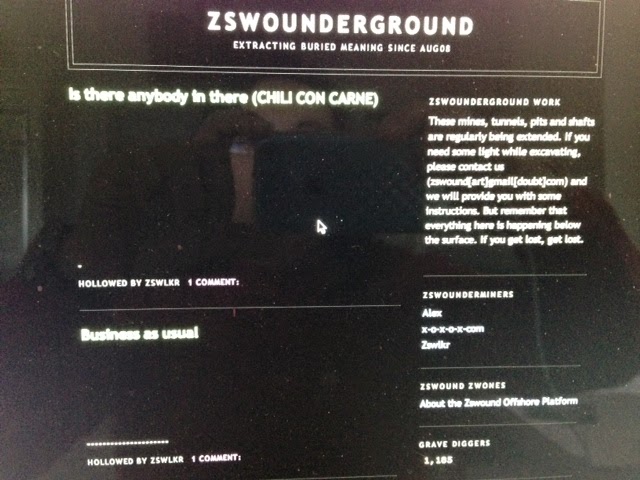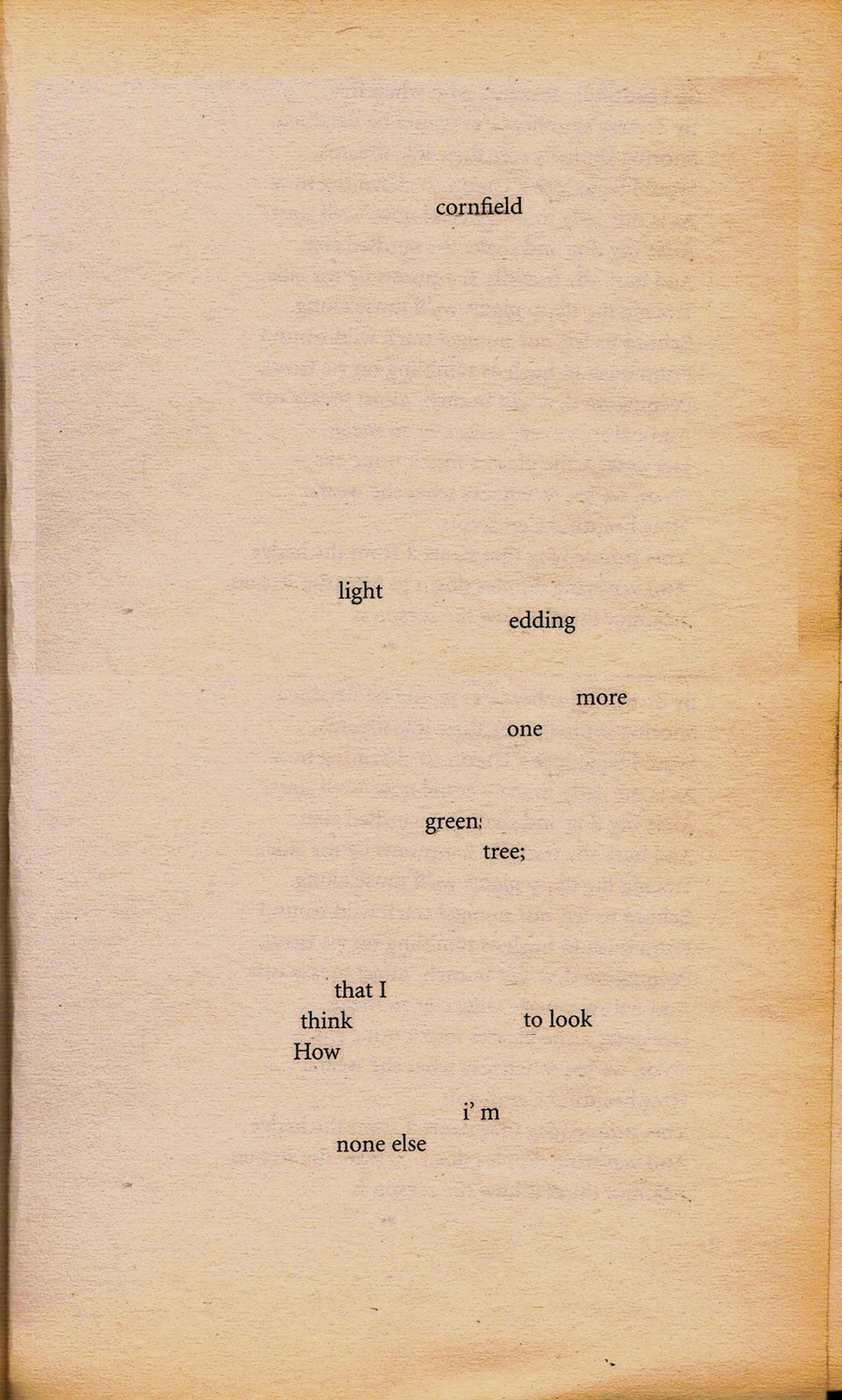ARE poems
(currently in manuscript form, Himachal Pradesh, India, 2014)
PROJECT DESCRIPTION
ARE poems is an erasure of the book titled, John Clare, Poems Selected by Paul Farley. The "cover" below is the result of the erased book cover to "create a sort of a digital book artifact for now."
Artist Statement:
The book, John Clare/ Poems Selected by Paul Farley was
bought on the street side Sunday book market of Daryaganj, Old Delhi, all for
twenty rupees. The prices largely depend only on the size and thickness of the
books.
Several de/re-readings/writings/ventriloquisms (English is not my mother
tongue) of Clare's phenomenology and local descriptions soon developed into a
close attention to the fundamental particles of language/life— diectics,
expletives, pronouns— language of everywhere and time.
The work (via I) progressed as a narrative of a loss and recovery of
itself, as meaning— revealing the perceptual/perpetual correspondence between
description and it’s grammar— as as what’s what’s.
The semiotic implications of the Cartesian subjectivity— the fundamental
dichotomy of subject-object have had concurrent manifestations in the liberal
lineage of private property (Machievelli Hobbes Locke Rousseau onwards the
constant attempt to supplement the rather sterile Enlightenment understanding
of I, with varied invocations of the more political “We”)
What is I & What is not-I. Not “the inhuman black of empty space”
(note on Ronald Johnson’s Radios) but
Shunyata—a negation of drishti (view, judgement), not to be mistaken
as the denial of reality, but rather to be understood as a “freeing of reality
of the artificial and accidental restrictions” (T R V Murthy).
Acts I perform are
creatures
Who create others.
. . .or words don't
need us, any more than trees? … What do words know of each other, possibilities
of sentience in words as well as dogs, plants.
The form is
perceived and the eye is the perceiver. It (eye) is perceived and the mind is
the perceiver. The mind with its modifications is perceived and the Witness
(the self) is the perceiver. But It (the Witness) is not perceived (by any
other).
We live in a world
of things.
and some such. . .
{Nagarjuna, R. Grenier, Drg-Drsya Viveka,
G. Oppen}
SAMPLE PAGES FROM THE BOOK:
(Click on images to enlarge; when you look at the pages, you can see the ghosts of the erased text):
Born and brought up in the Himalayan state of Himachal Pradesh. Works
have appeared or are forthcoming in E-Ratio,
Lilliput Review, iArtistas, Haiku 21, Offerta Spceiale Otoliths, Poetry
Salzburg Review, Rampike. A chapbook of visual poetry is available here. Co-edits Bones, a journal of contemporary haiku.













